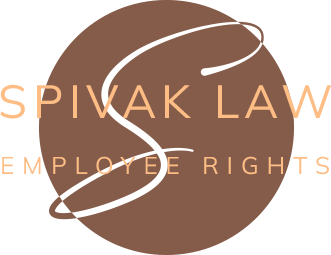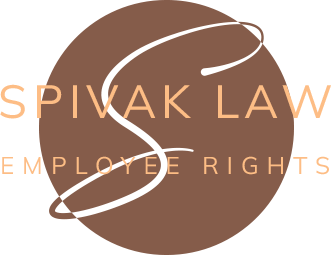
Los Angeles Overtime Attorneys
Fighting for the Unpaid Wages You Deserve
In California, an employer must pay an overtime premium wage to employees for work:
- over 8 hours in the same workday
- over 40 hours in the same workweek
- The first 8 hours during the seventh consecutive workday in the same workweek
An employer must pay doubletime premium wages to employees for work in excess of:
- over 12 hours in the same workday;
- over the first 8 hours on the seventh consecutive workday in the same workweek
The employer must pay the employee the greater or his weekly and daily overtime wages. Employees who work short hours each day but more days per week may have higher weekly overtime wages. In contrast, employees who work long hours less days per week will likely have higher daily overtime wages.
Overtime wages are one and one half times the employee's regular rate of pay. So, an employee whose regular rate of pay is $10.00 per hour will earn an additional $5.00 per hour (for a total of $15.00 per hour) as his overtime premium rate of pay.

What Does Overtime Consist Of?
Overtime wages must be paid on all non-discretionary wages earned during overtime hours, including commissions and performance-based bonuses, attendance-based bonuses, shift differentials, language differentials, and safety bonuses. To illustrate, an employee who receives a $100.00 bonus for work he did over a 20-hour period that includes 10 overtime hours is owed an additional $25.00 in "bonus overtime" premium wages. This is determined as follows:
The employee's bonus is spread out equally among all hours worked: $100 bonus / 20 hours worked = $5.00 in bonuses earned per hour.
The employee's hourly bonus rate is multiplied by one half for all overtime hours in the period in which he earned the bonus: $5.00 hourly bonus wages x 0.5 overtime rate x 10 overtime hours = $25.00.
The $25.00 is paid in addition to any overtime wages the employer paid on top of the base hourly pay rate.
Employers often fail to pay such bonus and commission overtime wages. This is against the law. An employee who proves that such wages were unpaid intentionally, may be able to recover monetary penalties that far exceed the unpaid overtime wages.
Certain employees may be exempt from overtime. They can include:
- salespersons
- administrators
- executives
- programmers
- personal attendants
- professionals
- artists
- truck drivers
Be sure to speak with an attorney to determine if you fall within one of these or other overtime exemptions. An employee who is terminated because he complained of overtime violations can sue for wrongful termination.
Contact The Spivak Law Firm Today
.2302071229196.jpg)

